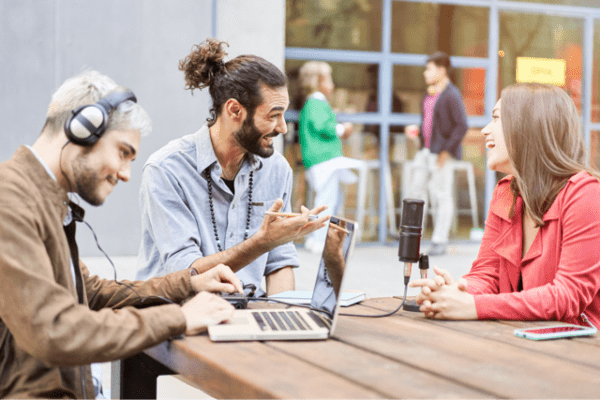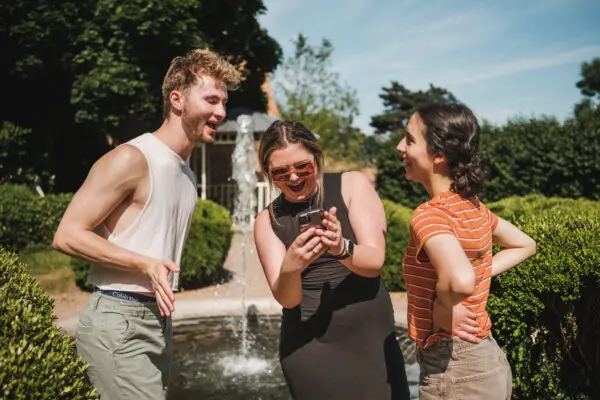
Tallinn, Estonia
Storytelling In Marketing
When:
28 July - 01 August 2025
Credits:
2 EC
Read more
Communication, Media and Journalism
When:
12 June - 06 July 2019
School:
Mannheim’s School of Humanities
Institution:
University of Mannheim
City:
Country:
Language:
English
Credits:
6 EC
Fee:
250 EUR

From classical times, democratic societies have relied on the idea of talking in public as a way to solve social problems, engage with differing views and resolve conflict. In the modern era, public debate and citizen engagement in a “public sphere” is thought to be a vital democratic process. The growth of the internet and social media, which has offered more and more people access to public conversations, at first appeared to be a force for democratising societies even further and to allow marginalised people to express their views. The revolutions in North Africa and the Middle East that became known as “the Arab Spring” unfolded online, and were driven by social media. However, the internet has also been used to foment conflict, disseminate false narratives, fragment communities and promote geopolitical and commercial agendas.
This course examines public discussion in this context. We ask how it functions in democracies, its rules and norms, how it creates publics, communities and identities, and how the ongoing changes brought by new technologies create and amplify new, or different, practices. We revisit the notion that public engagement is a good way to raise and resolve problems in society, asking how this ideal operates in practice, both in nation states and in mediated global communities.
We will draw on examples and cases that explore how the internet and social networks work as a forum for discussion, specifically looking at ‘fake news’, public shaming, and the diversion of political debates to Twitter and Facebook. We will also examine studies that show how traditional established media have historically shaped public discussion and how they are adapting to an environment in which they are no longer the dominant space for public opinion to be aired. Students will be expected to identify cases from their own media environments to discuss in class and to analyse for the final assessment.
We will also critically analyse and apply some of the theories that attempt to explain public discussion and its significance. These will include theories of agenda-setting (Maxwell McCombs and Dearing and Rogers), publics and counterpublics (Jürgen Habermas, Craig Calhoun, and Nancy Fraser), social imaginaries (Michael Warner, Arjun Appadurai, Charles Taylor, and Dilip Gaonkar), and orchestration and babelisation (Carolyn Hamilton, Lesley Cowling, Pascal Mwale and Indra de Lanerolle). Students will be engage with these theories through a directed process, including lectures, class discussions, exercises and group work.
Prof. Lesley Cowling
Undergraduate Students
Fee
250 EUR, This course forms part of the Mannheim Summer School 2019. The registration fee of 250€ includes all coursework (up to two courses of the program), a Welcome Reception, a welcome package, two excursions, evening leisure activities, a Farewell BBQ, transcript of records and certificate as well as individual support in finding accomodation.
When:
12 June - 06 July 2019
School:
Mannheim’s School of Humanities
Institution:
University of Mannheim
Language:
English
Credits:
6 EC

Tallinn, Estonia
When:
28 July - 01 August 2025
Credits:
2 EC
Read more

Nottingham, United Kingdom
When:
21 July - 01 August 2025
Credits:
5 EC
Read more

Brno, Czechia
When:
13 July - 26 July 2025
Credits:
3 EC
Read more